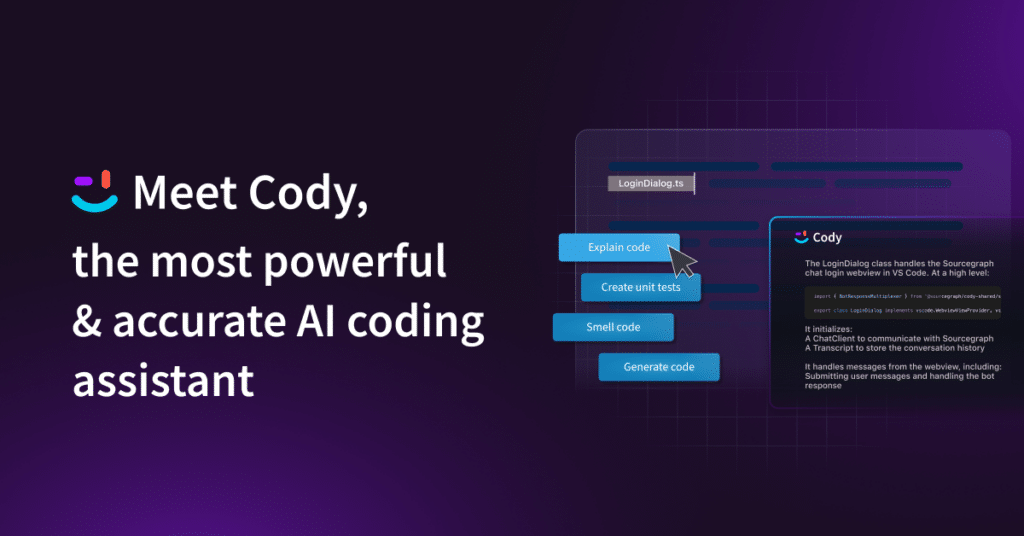In the rapidly evolving landscape of technology, AI-powered coding assistants have emerged as game-changing tools for developers, streamlining workflows and enhancing productivity. However, with great power comes great responsibility—and a host of potential security threats. As these intelligent systems take on increasingly complex roles in software development, they inadvertently open the door to risks that could compromise sensitive data, expose vulnerabilities, and even facilitate malicious activities. Let’s dive into four significant security threats linked to the rise of AI in coding, uncovering the darker side of this innovative technology.
Table of contents
ToggleCode Vulnerabilities

The advent of AI-powered coding assistants heralds a new era in programming efficiency. However, these tools can inadvertently introduce serious vulnerabilities into the code they generate or suggest. By relying on extensive datasets that often comprise both secure and insecure coding patterns, AI models may generate code containing classic security flaws such as SQL injection, buffer overflow, or improper input validation.
Due to their limited understanding of the specific security context of the applications they assist, there’s a risk that suggested code snippets lack critical security requirements. This oversight can lead to weaknesses that are easily exploited by malicious actors. Moreover, as these systems learn from new data, they may inadvertently incorporate emerging vulnerabilities.
Data Privacy Issues

Another significant concern revolves around data privacy. AI coding assistants require access to the codebase of projects and other associated data, raising serious privacy questions. For cloud-based tools, sensitive code and data transmitted over the internet are at risk of interception and unauthorized access, especially when proper security measures, like encryption, are not in place.
Even when data transfer is secure, storing it on third-party servers is inherently risky. Unauthorized access to this information could lead to the exposure of proprietary algorithms and business logic, along with user data. Additionally, the use of project data by AI service providers to enhance their models, without appropriate anonymization, can also compromise sensitive project details.
Reliance on External Code
AI coding assistants frequently recommend third-party libraries and APIs to streamline development. While this can boost productivity, it also introduces significant security risks. These dependencies might harbor unresolved vulnerabilities that attackers could exploit.
Developers, trusting the AI’s suggestions, may unknowingly integrate insecure libraries into their projects. This reliance on external code can lead to a supply chain risk, where compromised or malicious code in third-party libraries infiltrates the main project. Hence, ongoing monitoring for updates and patches becomes crucial.
Model Bias and Ethical Concerns
The training data for AI coding assistants often reflect existing practices and biases present in the original datasets. This may result in the AI developing a narrow understanding of coding best practices, particularly if the data primarily includes code from specific industries or regions.
Such biases can lead to various issues, such as suggesting non-compliant code with regulatory requirements or neglecting alternative approaches that could be more effective or secure. Moreover, biased models may propagate poor coding practices, such as hardcoding sensitive information or using outdated functions. Ethical concerns also arise when AI suggests code that violates data protection laws or fails to consider accessibility and inclusivity in software design.
Cyber security threats: “There are not enough people to put out the fires” https://t.co/VHOOJk5Vac
— The Currency (@thecurrency) April 5, 2024














